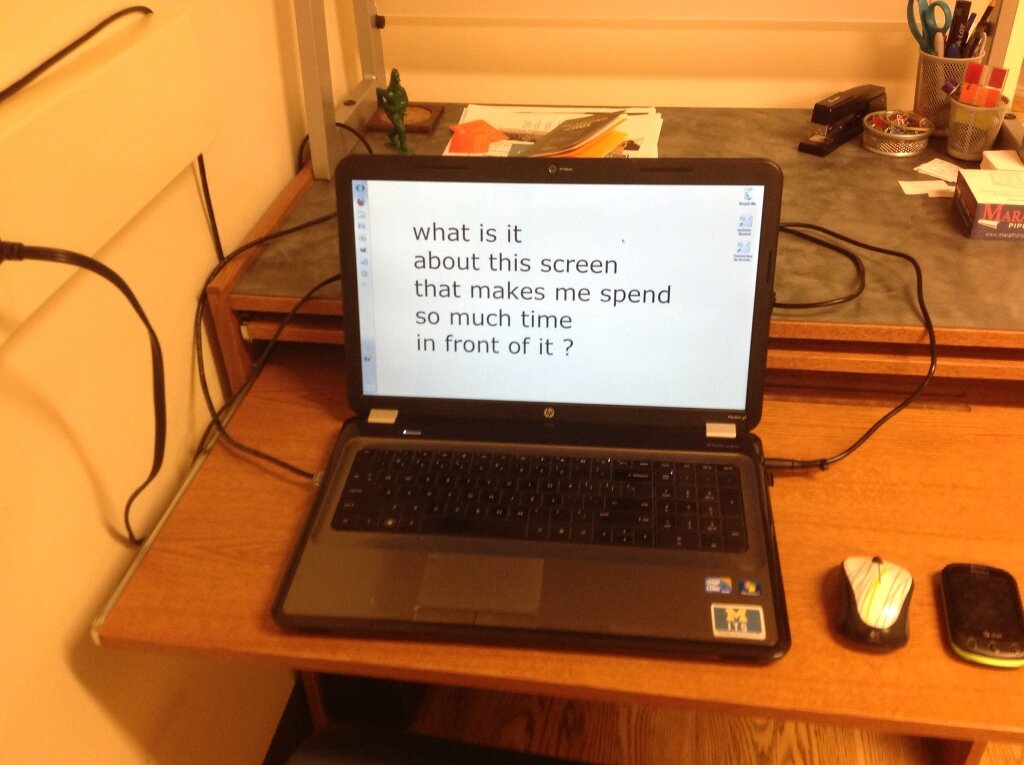I am not a fan of video games.
Mindlessly falling away into a realm of flashing lights and sounds of illusion is often a means to mental decay. Modern video games have become more concrete and closely parallel to society. People blast away at the avatars of others with artificial guns, peppering virtual bodies with imaginary bullets. The sights and sounds are brought to life before our eyes and the lack of abstraction takes us to a place we can perceive, without much thought, as reality. While this is often the basis for arguments against violent video games, I am not trying to debate against the content of these games, simply the premise and existence for them. At their core, they lack ingenuity. They are largely based off of war, sports, or racing, and while we typically may not have access to the full extent of these activities in real life, the fact that these games are simply reflections of this reality does not aide in the mental development of players.
Video games need to be more intuitive, leaving more to the imagination and less to graphics. While technology becomes increasingly easier to use and manipulate, a higher creativity is required for furthering greater development. With fresh and innovative ideas, we can form technology as not only as a wondrous tool to eliminate grueling and grinding work (such as mindless data entry, etc) but a refreshing toy that teaches us how to think and learn.
We need technology to better our minds, not help them. VectorPark.com is a beautiful example of what improved technology can create. It breaks the mold for what video games have popularly become. It defines something new and strange, something that makes us think and learn, like children, developing a greater plasticity in which we can continue to learn and figure out the unknown. There is a small niche of these games in existence and they revolve around a philosophy of thought and intuition, rather than a dexterity of control. It challenges the mind by pushing the player into a flow state. If we, as a society, can learn to embrace the unique, the strange, and the challenging, we could develop a whole new line of video games and draw in a more intellectual audience that benefits society, rather than detract from it.

So start by playing Feed The Head, both for your intellectual and visual enjoyment. This game, like any form of art, holds the potential to inspire you.
Mindlessly falling away into a realm of flashing lights and sounds of illusion is often a means to mental decay. Modern video games have become more concrete and closely parallel to society. People blast away at the avatars of others with artificial guns, peppering virtual bodies with imaginary bullets. The sights and sounds are brought to life before our eyes and the lack of abstraction takes us to a place we can perceive, without much thought, as reality. While this is often the basis for arguments against violent video games, I am not trying to debate against the content of these games, simply the premise and existence for them. At their core, they lack ingenuity. They are largely based off of war, sports, or racing, and while we typically may not have access to the full extent of these activities in real life, the fact that these games are simply reflections of this reality does not aide in the mental development of players.
Video games need to be more intuitive, leaving more to the imagination and less to graphics. While technology becomes increasingly easier to use and manipulate, a higher creativity is required for furthering greater development. With fresh and innovative ideas, we can form technology as not only as a wondrous tool to eliminate grueling and grinding work (such as mindless data entry, etc) but a refreshing toy that teaches us how to think and learn.
We need technology to better our minds, not help them. VectorPark.com is a beautiful example of what improved technology can create. It breaks the mold for what video games have popularly become. It defines something new and strange, something that makes us think and learn, like children, developing a greater plasticity in which we can continue to learn and figure out the unknown. There is a small niche of these games in existence and they revolve around a philosophy of thought and intuition, rather than a dexterity of control. It challenges the mind by pushing the player into a flow state. If we, as a society, can learn to embrace the unique, the strange, and the challenging, we could develop a whole new line of video games and draw in a more intellectual audience that benefits society, rather than detract from it.

So start by playing Feed The Head, both for your intellectual and visual enjoyment. This game, like any form of art, holds the potential to inspire you.


